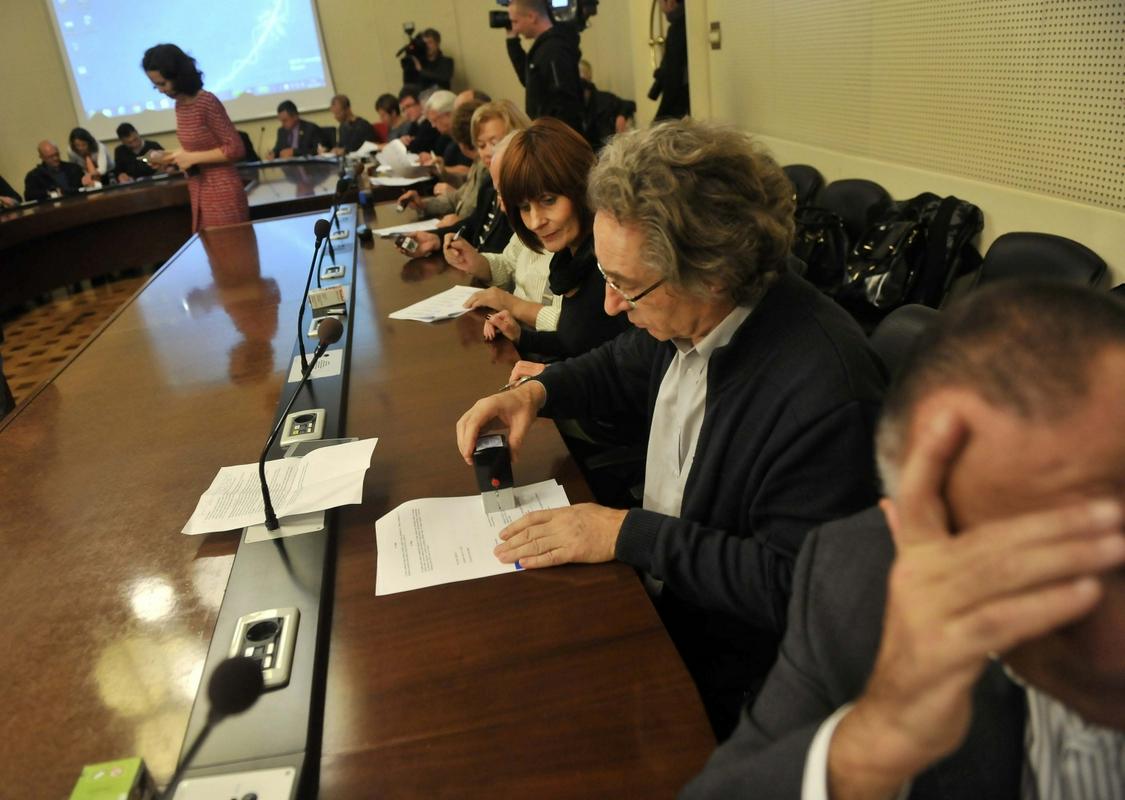
While the Union membership is declining - 20 years ago at least every second employed person was a member of a union, while today only every fourth or fifth - the number of Unions is actually growing. Doctors' and teachers' unions, three of each, even more unions representing medical staff, two police unions… Almost 40 Unions altogether in the public sector. Rivalry among them results in new Unions, again creating new rivalry.
The president of the Confederation of Public Service Trade Unions of Slovenia Branimir Štrukelj claims that the Act on Salaries is one of the main reasons encouraging breaking up of Unions, segmentation, narrowing of interests, and is without any doubt harmful for employees.
On the other hand the government's problem is the difficulty of finding a compromise with such a number of unions. But Jakob Počivavšek from the Pergam Union claims that they have chosen the wrong path: "The formal argument is the problem of negotiations within the public sector, which in my opinion is not the problem of the act on representativeness, but at best the question which should be regulated within the act on system of salaries."
In absence of those changes the changes on representativeness will not make the work of the government any easier. Quite the opposite, claim Počivavšek and Andrej Zorko from the Association of Free Trade Unions. In their opinion contra effect is quite possible. The act could encourage Unions to unite, which would be necessary not only at the level of trade and professional unions, but also at the Union centrals level, they explained, and added that this attempt by the government might result in stronger Unions, should they be able to come to an agreement.
Peter Pogačar from the Ministry of Labour replies that their aim is to strengthen activity of Unions. In any case, the government did rouse the Union centrals, as at least the centrals are aware of the necessity for connecting. Yet some independent Unions are not pleased with that, and new disputes among Unions are very likely.

































































